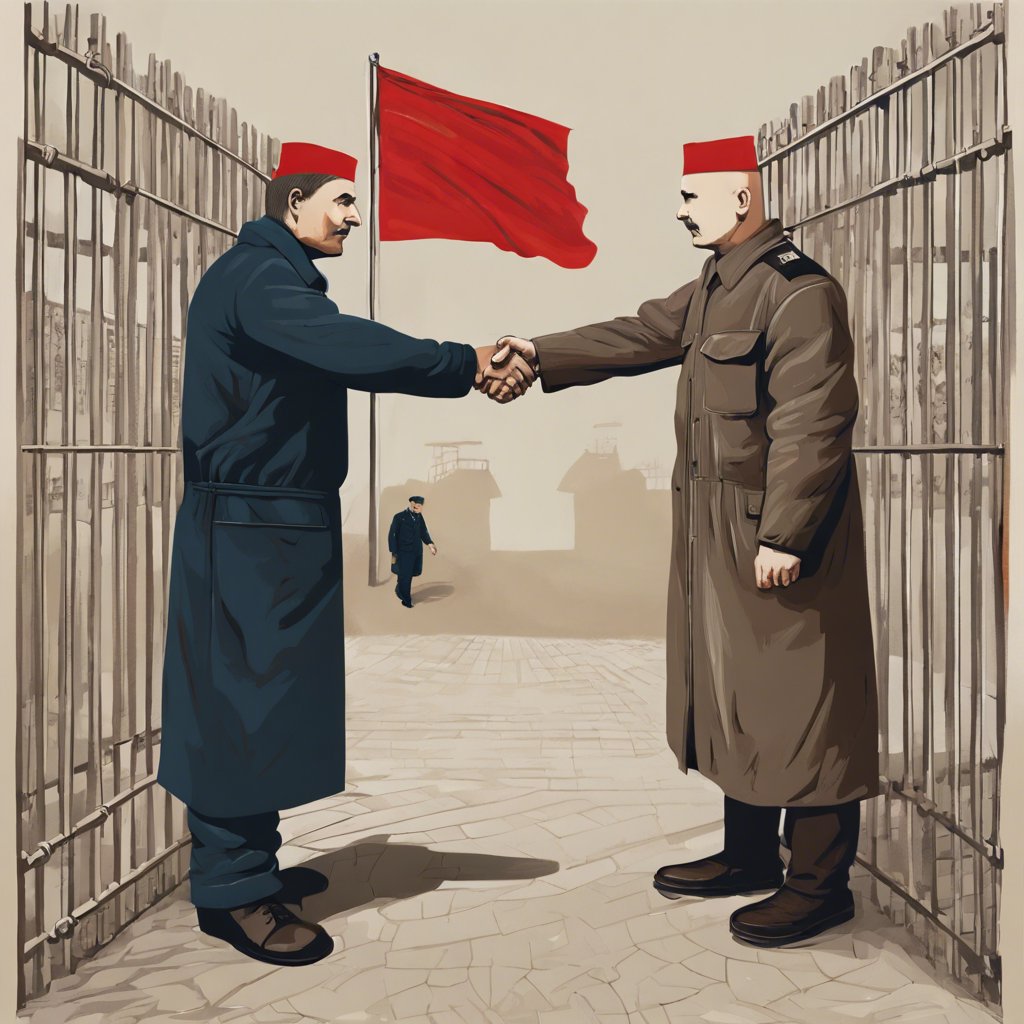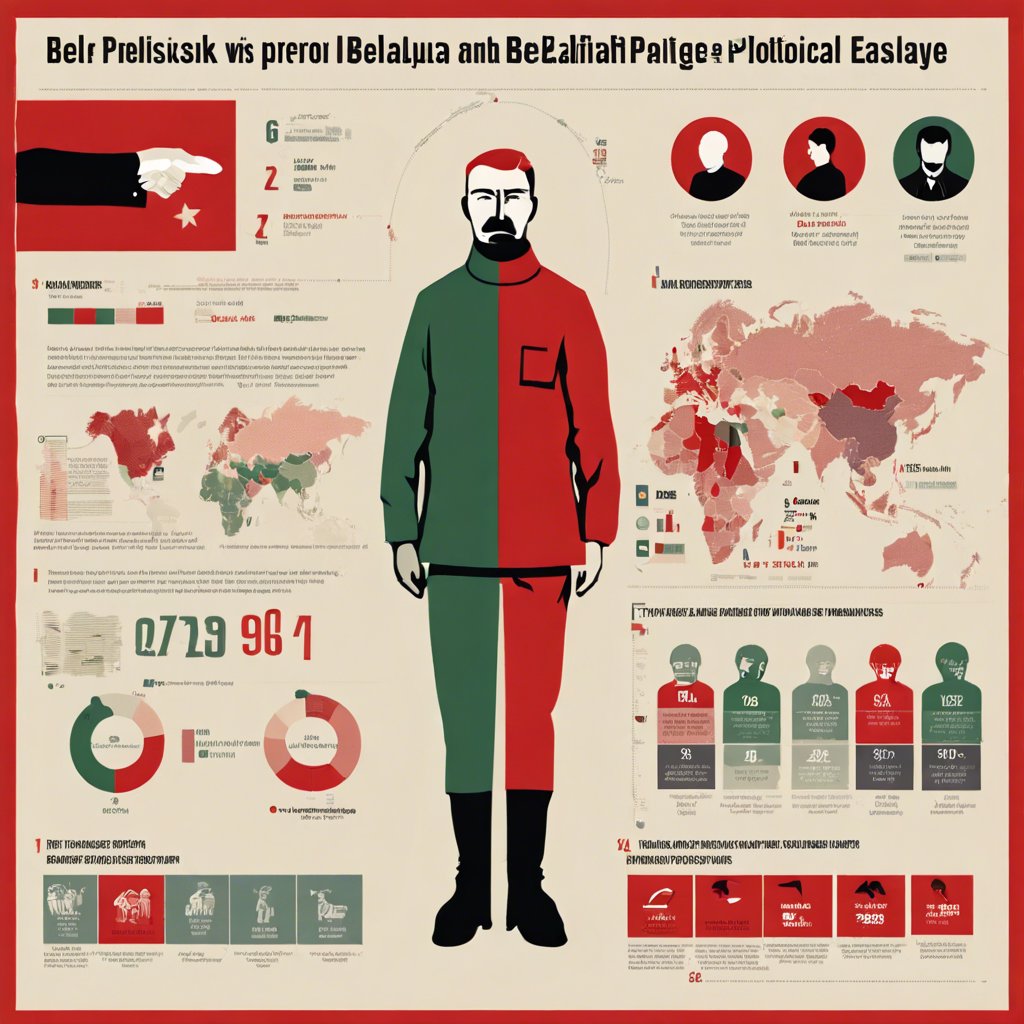The Aftermath of the East-West Prisoner Exchange
The recent East-West prisoner exchange, the largest of its kind since the Cold War, was celebrated as a significant achievement by both Washington and Moscow. However, the event left family members and supporters of a detained Nobel Prize laureate, along with numerous other imprisoned opponents of President Aleskandr G. Lukashenko of Belarus, feeling puzzled and deeply disheartened.
Belarus participated in the exchange by releasing a German national who had been sentenced to death. Yet, it did not offer freedom to any of its nearly 1,400 political prisoners, as recognized by Viasna, a prominent human rights organization based in the country. Alena Masliukova, an activist affiliated with Viasna, expressed her dismay, stating, “We are very saddened that not a single Belarusian was released.” She further pointed out the alarming disparity, noting, “Belarus has more political prisoners than Russia: 1,400 in Belarus compared to 700 in Russia,” and highlighted that unlike Russia, Belarus has endured little sustained international pressure to release its detainees.
Belarus, a nation with a population of fewer than 10 million, has been under the authoritarian rule of Mr. Lukashenko since 1994. It is often perceived as an erratic puppet state of Russia. Despite the ongoing repressive regime and pervasive human rights violations, Belarus tends to attract minimal attention on the global stage.
The notable absence of Belarusian political prisoners in the recent exchange has prompted questions regarding the effectiveness of Belarusian opposition leaders, particularly Svetlana Tikhanovskaya, the self-proclaimed national leader, in prioritizing the plight of political prisoners in discussions with the United States and other Western nations. This situation sharply contrasts with the Russian opposition movement in exile, which has been relentless in its advocacy for the release of Russian dissidents.

















